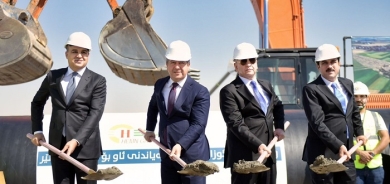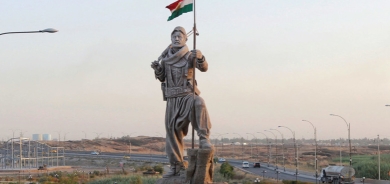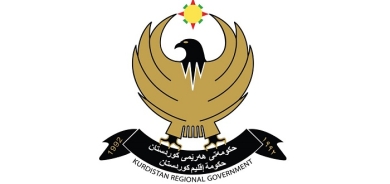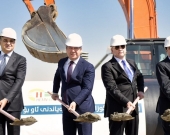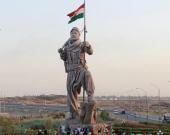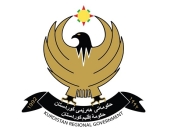Towards a Rethink of Graduates Pathway to Employment in Kurdistan

The issue of creating enough let alone appropriate employment opportunities for graduates in Kurdistan and Iraq is a serious and ongoing concern. Several deeply rooted factors are behind this. The supply and demand cycle is not in favour of graduates or so it may appear to be. Year after year the number of graduates is on the rise but employment opportunities do not match in any meaningful way this rise.
I have conducted a simple Google search on Kurdistan for terminologies such as “work experience”, “internship opportunities”, “industry projects”, “graduate scheme”, “summer jobs”, “part-time work”, “placements”, “industry academic collaboration”, and “industry sponsorships”. The results of my search for these terms were almost nil.
The absence of these terms and many more point to a complete disconnect in Kurdistan between industry, employers and the world of graduates. Part of the root causes is historical. The private sector in Kurdistan and the wider Iraq has not been strong enough or even needed to work with academic institutes. Graduates were commonly employed by the public and government sectors.
The world has changed and continues to change dramatically especially in terms of digital innovations, big data, Artificial Intelligence, robotics, etc. Work practices are also changing such as agile approaches, multidisciplinary teams, and much more. Yet the vision and culture of work in Kurdistan has remained more or less static and stuck in its past.
There is no sense of a systemic and responsible thinking around how to approach the issue of employment and graduates. Employers have no strategic appreciation for the role of graduates and how to “harvest” their skills and knowledge to improve not only their business prospects and sustainability but also ensuring the wellbeing of the wider society. Equally, there is a misguided understanding on the part of graduates re their employability prospects. Historically, in that region and other nearby ones, a graduation certificate was seen as a passport to employment. This perception is certainly misguided and false in the modern digitally shaped world. A graduation certificate is only a fraction of what is needed along the path to employability.
A recent blog story by a well-known foreign company in Erbil exemplified this disconnect between businesses and graduates in Kurdistan. The company mentioned that it had been without a finance manager for several months, and so their Head of Support Services (covering finance, HR and logistics) was very overworked. This is a pointer to missed opportunities to recruit local and talented graduates on temporary work experience and various other schemes whilst looking for a permanent solution. The industry is missing huge opportunities to upgrade the skills of its local recruits which it will need to survive and continue.
An advert by a leading recruitment agency in Kurdistan for an internship was posted three years ago. The job was for a trainee but the role specifications and duties needed an applicant with a great level of experience suitable for a senior role.
There is a real and urgent need for industry (local and foreign), academic institutes, undergraduates and graduates, and the wider society to embark on a dialogue process to rethink their roles and to find out new ways of engaging with each other for the benefit of all. Students need to discard pre-existing assumptions about the power of their graduation certificates, accept the notion of working for nothing, better known as volunteering, be involved in summer jobs for free, learn new skills, adapt and consider other employment sectors, be entrepreneurial, link up with outside organisations including research and commercial ones and contribute to their work, and much more.
Industries and businesses need to recognise that their future prosperity and expansion beyond the borders of Kurdistan is possible but depends on a highly skilled workforce. They need to open their doors for graduates and undergraduates to gain work experience, offer internships, projects, etc. The sum of the argument is that a fuller and richer dialogues need to take place between all concerned.
The Kurdistan region is no different from the rest of the world, is affected by the same market, societal, and technological forces. The starting point along the rethinking process would be to look at how other societies have tackled the issue of graduate employability and working out a plan that suits Kurdistan. Graduate employability experiences and schemes adopted and practised in Europe, US, Japan and elsewhere is a good place to start.
The question everyone needs to tackle is how to turn around the employability and graduates supply and demand cycle into a job creation cycle. This requires serious discussions amongst all sides prepared to put behind old traditional ways of thinking and adopt a modern new “mindset” towards employability. Old and traditional approaches do not work in this new world.

